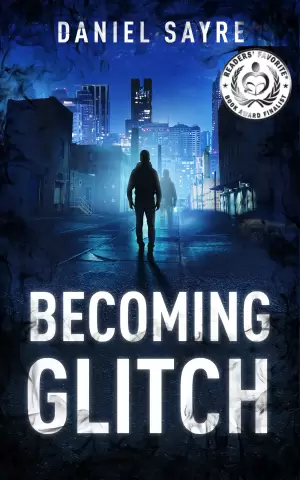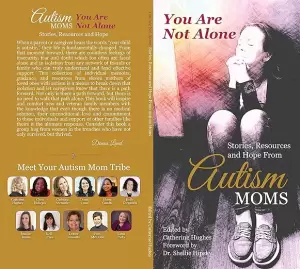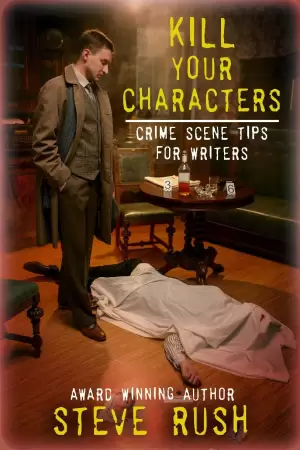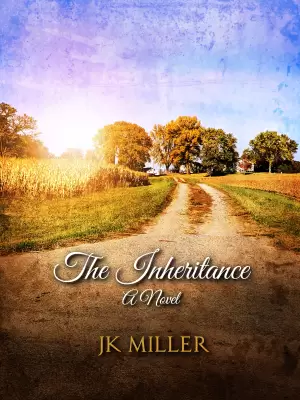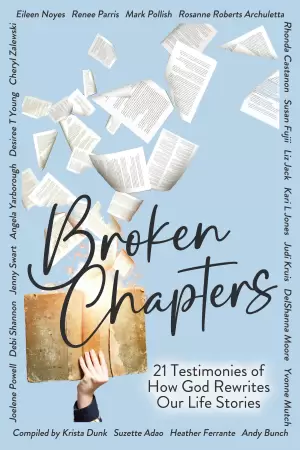‘So what am I supposed to do?’
‘You take a deep breath, you grow up and you man up. You have a daughter now…’
You’ve got it all planned out. A summer of freedom, university, a career as a journalist – your future looks bright. But then the doorbell rings. It’s you ex-girlfriend, and she’s carrying a baby.
Your baby.
You agree to look after it, just for an hour or two. Then she doesn’t come back – and your life changes for ever.
A gripping and original story about love, relationships and growing up the hard way.’
I am a huge fan of Malorie Blackman and advocator of her work ever since I first read Noughts and Crosses many years ago. Not only does Blackman create extremely well written books with relatable characters, but she also tackles difficult, sometimes controversial, subjects for YA literature, in an honest and thought provoking way. Boy’s Don’t Cry is a powerful and unexpected novel. I couldn’t put it down and ended up reading through until 5 in the morning, and then I couldn’t sleep for thinking about it.
In light of the worldwide outcry in response to that WSJ article, it was perhaps fitting that I was reading Boys Don’t Cry when #YAsaves exploded all over the internet this past week. I also imagine it would probably make it onto Mrs. Gurdon’s list of ‘violent’ books – but she would, of course, be missing the point.
Boys Don’t Cry is told from two points of view, Dantes’ and Adams’ – to begin with the reason for this is unclear and though I liked Adam’s upbeat narrative in contrast to Dante’s, I couldn’t figure out why we were switching between the two. This lasted for about 70 pages and from then on I was hooked. I hadn’t realised when I started reading Boys Don’t Cry that this was a book about much, much, more than just teenage parenthood – Blackman has blended together two stories that deal with two very different topics. I’m not going to spoil it for anyone by telling you everything this one book manages to cover, and cover well. I will say that though, that while I loved both stories, it was Adam I grew particularly attached to as a character, and it was his voice and his journey that struck me the hardest and stayed with me long after I had finished reading it.
Boys Don’t Cry takes a unique look at being a teenage parent, as it is told from the boys point of view. I have to applaud Blackman for choosing to do this as it is a topic that young male readers should be able to read about and because too often (in life and in books) the father is either forgotten, or considered less important in a child’s life. Then there is the stereotype that if anyone will walk away, it will be the father. In typical fashion, Blackman disputes all these assumptions (and more) in Boy’s Con’t Cry. She is an author you can depend upon to challenge the every day stereotypes all around us – her writing makes you think and I love her for it.
A few scenes that stood out for me were when Dante takes his daughter out for the first time and has to deal with strangers’ prejudices and judgement once they learn Emma is his.
‘The expression on the woman’s face changed dramatically. Her eyes were wide, her mouth open in shock. ‘She’s your daughter?’ she asked scandalized. She didn’t say it quietly either. More people in the queue turned round. My face began to burn. ‘She’s your daughter?’ the woman repeated, even louder than before just in case there was someone in the country ho hadn’t heard her the first time. ‘How old are you? she continued, her eyes narrowing.
None of your business, that’s how old I am, I thought belligerently. I glanced at Collette. She was looking down, embarrassed.
‘Well? the woman persisted.
‘Seventeen’, I said reluctantly.
Instant facelift. Her eyebrows almost hit her dyed blond hairline. ‘Seventeen?’
Oh my God. The echo in this shop was truly astounding. The woman looked Collette up and down like Collette wasn’t much.
‘Don’t look at me. It’s not my baby,’ Collette proclaimed. ‘I’m just a friend. It has nothing to do with me.’ …. One glance revealed only too clearly that the blonde didn’t believe her. ‘Kids having kids, the woman sniffed. ‘And no doubt you’re not working and living off benefits.”
Blackman really nails this scene. I see and hear people dismissing young parents all the time, always assuming they are lazy and exploiting the benefit system. By experiencing this type of public reaction with Dante, Blackman really hits home just how hurtful and wrong it is to judge people without knowing them – reminding us that just because someone is a young parent – doesn’t mean they are a bad one.
Though Boys Don’t Cry focuses on the prejudices young dads receive in our society, here Blackman briefly touches on how young mothers are looked down on and treated by society as well – you can almost see the word ‘slut’ forming in this woman’s mind as she looks at Collette. It is a sharp reminder not to judge Melanie too harshly for running out (another stereotype – it is considered pretty normal for the father to leave, but unforgivable if the mother does), as this is doubtless what she would of dealt over and over again, on her alone, for the past 18 months.
Blackman also writes some fantastic scenes surrounding the local social worker. We immediately feel as defensive towards her as Dante does and assume she is not only a busybody poking her nose in but also that she is out to trick Dante and wants to take Emma away from him. Why do automatically feel this way? It seems not a day can go by without the papers reporting something derogatory about social workers. I loved that as we, and Dante, got to know her a little better, we see that this woman only wants the best for Emma and is, in reality, there to help Dante keep his daughter. It was great, for once, to see a social worker portrayed as someone who cares, who has a difficult, at times impossible, job, and who has to deal with an unfair reputation. I think society in general forgets what an incredibly hard and incredibly amazing job these people can, and do, do. Once again we have another character who, in their own way, has to fight against society’s opinion of them, a character who has been judged unfairly; prompting the reader to confront their own reactions and their own prejudices as they read.
Watching Dante fall in love with his daughter is heartwarming without being overly sentimental – the tone in this book is just right to appeal to young male and female readers. What’s so great about Boys Don’t Cry is that it isn’t a cute story. It deals with the harsh reality of life as a teenage parent and doesn’t shy away from difficult and, at times, shocking truths. Dante doesn’t love his daughter immediately, or choose her above his own desires – it is hard, he has to make many sacrifices and deal with a lot of pressure from everyone around him. He comes close to breaking down and almost hits Emma – a feeling/moment I’m sure a lot of stressed out parents can relate to, but one that no one really talks about. We come to understand that coming close to snapping doesn’t make Dante a bad person, but walking away from the situation and asking for help does make him a good father. Throughout there is a lovely family dynamic and I enjoyed reading how certain events bring this family closer together and how they come out all the more stronger for it.
If Dante’s story is touching, Adam’s story is hard-hitting and heartbreaking. Already a strong piece of fiction, this is what made Boys Don’t Cry unforgetable for me. Both Adam and Dante are obstricized by society but for very different reasons and watching them deal with that, and reading about what happens them, is both upsetting and uplifting – particularly in Adam’s case. I loved his character from the start.
In white for those who wish to remain spoiler free: It was refreshing to read about a character who is unashamed of his sexuality and Blackman makes a vitally important point that some younger readers may not yet understand: that Adam doesn’t choose to be gay, it is who he is and more importantly, he is happy with who he is. (End of spoiler)
What made this novel so brilliant for me were the characters. All of them, even the secondary characters, felt very real – we can identify with them. Reading this story and experiencing things from a different point of view makes us question our own opinions and prejudices. Boys Don’t Cry tackles many important subjects: teenage pregnancy, homophobia, suicide, depression, stereotypes, sex education. It shows us the importance of understanding, compassion and acceptance – and the power of words. The courage to be yourself and to confront ignorance and hatred in all its forms. A stunning book that every one should pick up, regardless of age or gender – because I think you will learn something about yourself and others by the end of it. Beautiful story, beautiful characters and beautiful narration. And yes – it made me cry.
Recommended Reading Age: 14+

